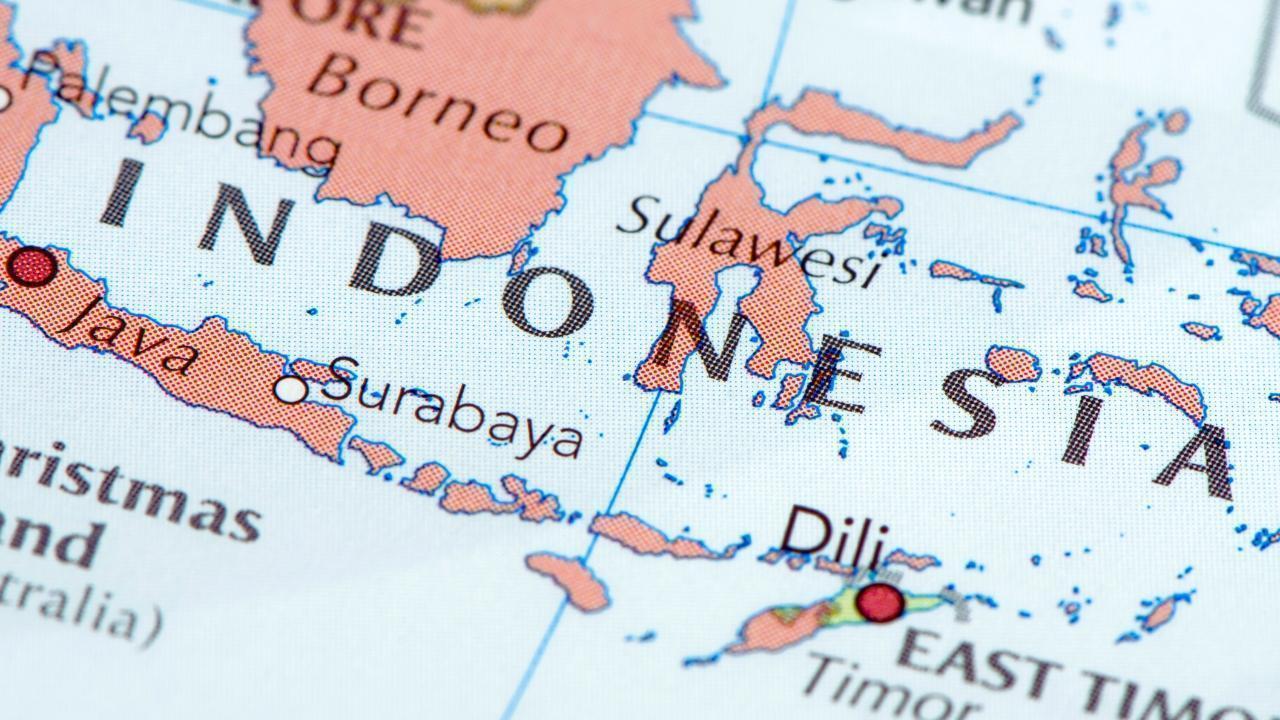You have not yet added any article to your bookmarks!

Join 10k+ people to get notified about new posts, news and tips.
Do not worry we don't spam!

Post by : Anis Farhan
In July 2025, Indonesia crossed a historic milestone as the first wave of government ministries began operations from Nusantara, the nation’s new capital city. Located in East Kalimantan on the island of Borneo, Nusantara has been under construction since 2022. The move represents not only a physical shift of government institutions away from Jakarta but a larger transformation in the country’s vision of equitable development, environmental consciousness, and long-term resilience.
The inauguration of administrative activities—starting with the Coordinating Ministry for Economic Affairs and the Ministry of Public Works—signals the government's commitment to making Nusantara more than a mere symbol. It is designed to be the centerpiece of Indonesia’s future: smart, green, and decentralized.
Jakarta, Indonesia’s current capital, has long struggled under the weight of overpopulation, pollution, chronic flooding, and subsidence. The city, home to over 10 million people, is quite literally sinking at a rate of 5 to 10 centimeters per year in some areas. With sea level rise compounding the problem, the government's decision to act decisively was both environmental and strategic.
Nusantara—meaning “archipelago” in Old Javanese—was conceived to redistribute economic activity across the archipelago, reduce the burden on Java, and symbolize a fresh chapter of unity and progress. Set in a region of low seismic risk and abundant green space, the new capital covers over 256,000 hectares and will eventually house up to 1.9 million residents by 2045.
Unlike Jakarta, which has evolved organically and unevenly, Nusantara is being master-planned from the ground up. The city is built on four guiding principles: smart governance, green infrastructure, sustainable economy, and inclusivity.
Government buildings use renewable materials and are powered largely by solar and hydroelectric sources. Autonomous electric shuttles connect ministries, and the core administrative zone operates under a fully digital governance platform, including AI-based workflow management and biometric secure access.
High-speed internet, underground utility lines, and real-time data analytics are embedded into the urban fabric, earning Nusantara the label of Indonesia’s first smart capital. The entire government-citizen interface—from license renewals to social service applications—is being centralized on a single integrated portal.
The government has adopted a phased relocation approach, with ministries moving in tranches between 2025 and 2029. As of now, around 3,200 civil servants have moved to temporary accommodations near the capital site. Full relocation for all executive bodies is expected by 2030.
However, building a city from scratch comes with immense logistical and environmental challenges. Concerns have been raised about deforestation, indigenous land rights, and biodiversity disruption. Environmental groups have called for more transparency in the environmental impact assessments, particularly regarding the displacement of native flora and fauna in the region.
Infrastructure readiness is another issue. While the main highway from Balikpapan to Nusantara is operational, public transit systems and housing developments are still under construction. Several public employees have expressed concerns about family relocation, educational facilities for children, and the high cost of temporary lodging.
A unique feature of Nusantara is its semi-autonomous administrative framework. Governed by the Nusantara Capital Authority (OIKN), the city operates outside the traditional regional hierarchy, reporting directly to the national government. This gives the capital flexibility in zoning, taxation, and investment decisions—an approach modeled loosely on Washington, D.C., and Canberra.
The authority is also tasked with attracting foreign investment, and early signs are promising. Japan, South Korea, and the UAE have expressed interest in co-developing zones focused on education, healthcare, and digital startups. A dedicated Nusantara Investment Hub is already operational to streamline investor onboarding.
Public opinion remains mixed. Supporters see Nusantara as a bold, necessary move toward balanced national development. Critics, however, question the timing and fiscal burden—especially in light of Indonesia’s other pressing priorities, such as healthcare, rural development, and disaster preparedness.
Still, President Joko Widodo has repeatedly emphasized that Nusantara is not a vanity project, but a nation-building exercise meant to last centuries. His administration envisions Nusantara as the heart of a polycentric Indonesia, breaking Java’s historic dominance and encouraging other islands to thrive economically.
By 2045—Indonesia’s centennial—Nusantara is expected to be fully functional with complete infrastructure, a thriving economy, and a population representing all 34 provinces of the nation.
This article is intended for informational purposes only. It does not offer investment or legal advice. Readers are encouraged to consult official Indonesian government sources for updates on the Nusantara capital project.










Minimarkets May Supply Red and White Village Cooperatives
Indonesia’s trade minister says partnerships with minimarkets and distributors can strengthen villag

South Africa vs West Indies Clash Heats Up T20 World Cup 2026
Unbeaten South Africa and West Indies meet in a high-stakes Super 8 match at Ahmedabad, with semi-fi

Thai AirAsia Targets Growth Through China & Long-Haul Routes
Thai AirAsia aims 6-9% revenue growth in 2026 expanding domestic flights and new international route

India Ends Silent Observer Role Emerges Key Player in West Asia
From passive energy buyer to strategic partner India’s diplomacy in West Asia now commands trust inf

Indian Students Stuck In Iran Amid US-Iran Tensions And Exam Worries
Rising US-Iran tensions leave Indian students stranded, fearing missed exams could delay graduation

India Says J&K Budget Exceeds Pakistan’s IMF Bailout
India slammed Pakistan at UNHRC, stating J&K’s development budget exceeds Pakistan’s IMF bailout and